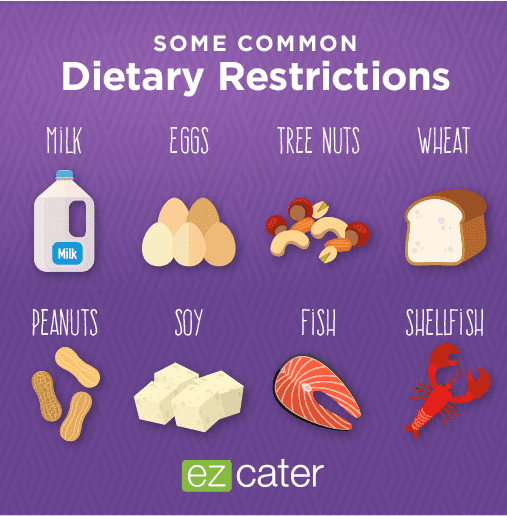
Understanding and Supporting Individuals with Special Dietary Needs
Eating is a fundamental part of life, but for individuals with special dietary needs, mealtimes can be a daunting experience. Whether it’s a specific allergy, intolerance, or condition that affects their ability to digest certain foods, accommodating these needs is crucial for ensuring the well-being and quality of life of affected individuals. In this article, we will explore the common types of special dietary needs, the importance of understanding and accommodating these needs, and offer practical tips for supporting individuals with special dietary requirements.
Common Types of Special Dietary Needs
- Food Allergies: A food allergy occurs when the immune system reacts to a specific food protein, triggering an allergic reaction. The most common food allergies are peanut, tree nut, milk, egg, fish, shellfish, wheat, and soy.
- Gluten Intolerance/Coeliac Disease: A sensitivity to gluten, a protein found in wheat, barley, and rye, can cause intestinal damage and other symptoms. Individuals with coeliac disease must follow a gluten-free diet to manage their condition.
- Veganism: A vegan diet excludes all animal products, including meat, dairy, eggs, and honey. This dietary preference is often chosen for ethical or environmental reasons.
- Ketogenic Diet: A low-carb, high-fat diet that has gained popularity for its potential therapeutic benefits for conditions such as epilepsy, autism, and type 2 diabetes.
- Soy-Free or Meat-Free Diets: These dietary requirements are often necessary for individuals with allergies or intolerances to specific ingredients or preferences for a plant-based diet.
The Importance of Understanding and Accommodating Special Dietary Needs
Accommodating special dietary needs is vital for ensuring the health, comfort, and dignity of affected individuals. A well-planned diet can alleviate symptoms, prevent complications, and even reduce healthcare costs. Moreover, catering to special dietary needs demonstrates a fundamental understanding and respect for an individual’s well-being.
Practical Tips for Supporting Individuals with Special Dietary Needs
- Communication: Encourage open communication with the individual to understand their dietary requirements, needs, and preferences.
- Labeling: Use clear labeling and menus to identify gluten-free, vegan, soy-free, or other special dietary options.
- Food Preparation: Follow special cooking and preparation methods, such as using separate equipment or handling practices, to prevent cross-contamination.
- Menu Planning: Develop menu plans that cater to special dietary needs, and provide alternatives for individuals with varying preferences or restrictions.
- Resources: Keep a list of trusted online resources, such as food banks, online recipe platforms, and nutritional advice, to support individuals in their dietary journey.
- Staff Education: Provide training for staff members on special dietary needs, including the importance of accommodating these requirements and how to do so effectively.
Conclusion
Supporting individuals with special dietary needs requires a thoughtful, caring approach. By understanding the types of special dietary needs, communicating effectively, and making necessary accommodations, we can empower affected individuals to thrive and enjoy healthy, fulfilling lives. Whether it’s at home, in a restaurant, or in a community setting, catering to special dietary needs is a fundamental aspect of human kindness and respect.
